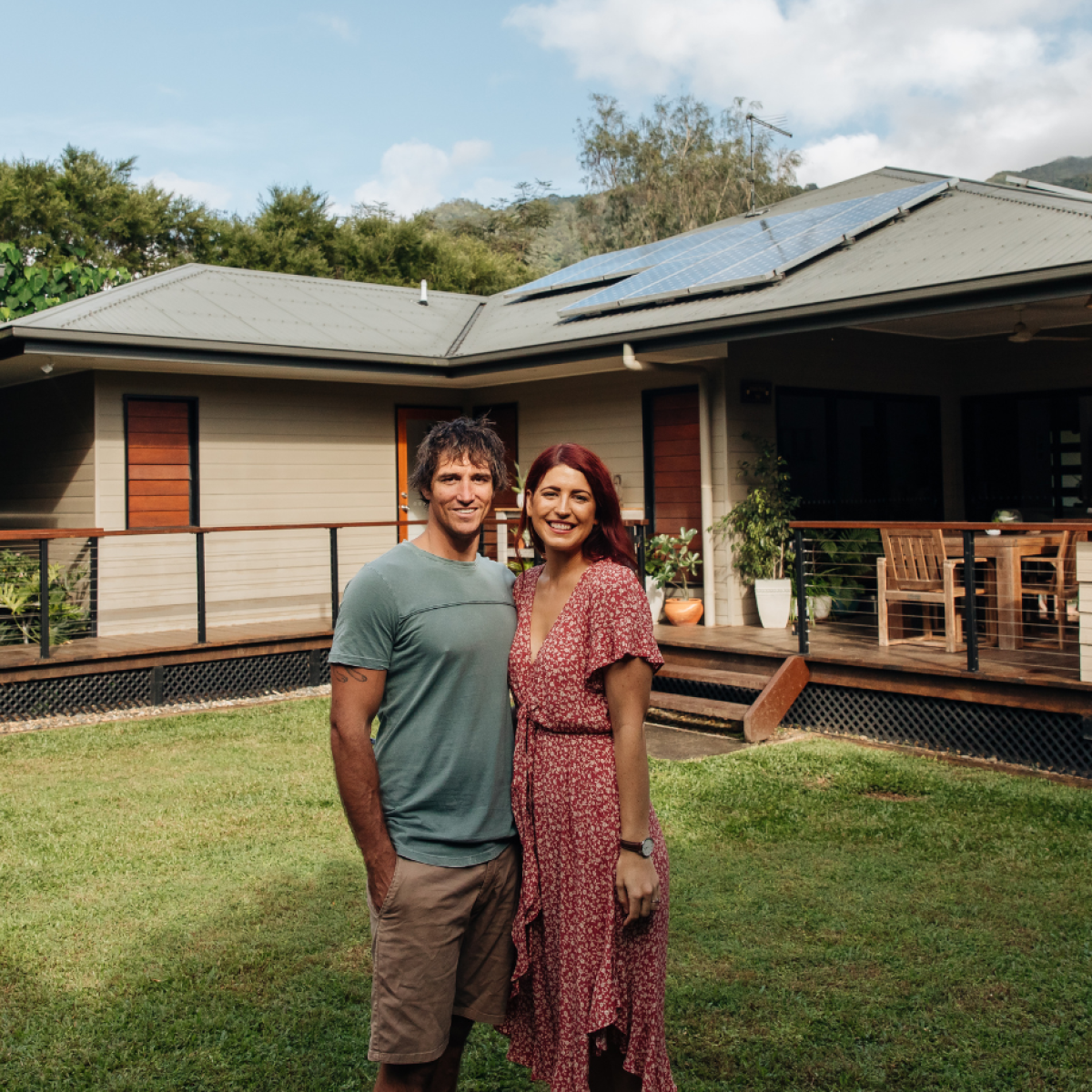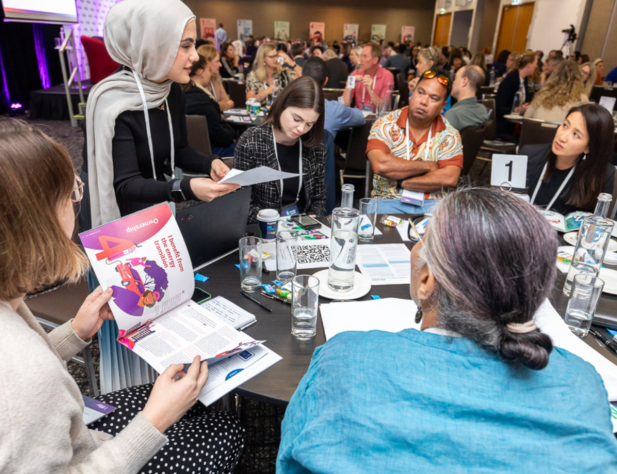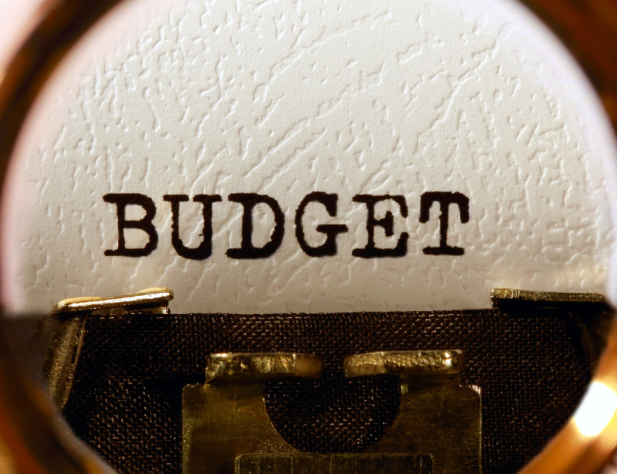
Energy Consumers Australia is the national voice for household and small business energy consumers.
We promote the long-term interests of households and small businesses who use energy in Australia by providing and enabling evidence-based advocacy to the energy sector on the issues that affect consumers.
Equity

I pay a fair share of the energy transition.

Value

I pay a fair share for the energy I use.

Agency

I can make optimal energy decisions.

Ownership

I benefit from the energy transition.

Control

I can manage my energy consumption.

Justice

I have the energy I need.

Representation

I have powerful advocates working in my long-term interests.

Our latest work

Consumer Energy Report Card: How households use gas and their attitudes towards electrification
Submission to NSW DCCEEW on the Energy Savings Scheme Rule and Regulation Change 2025
Submission to the SA Department for Energy and Mining on the Retailer Energy Productivity Scheme 2026-2030 Consultation
Submission to the Australian Energy Market Commission (AEMC)'s Draft Determination on Including distribution network resilience in the National Electricity Rules (NER)
Are you a household or small business?
Check out our information on some of the most common issues and interests that consumers have about energy.
Get helpful resources for:














